I use Microsoft Visual Studio 2012 and I want to write an application in native C++. Reason why I don't want to use Manged Code (.NET) because I don't want that my application was decompiled back to the Source Code with such tools like a .NET Reflector, but it would be nice if I still could use UI (CLR Windows Form) in my application.
But when I'm adding UI (CLR Windows Form) to my Win32 Project this message pops up:

Does that mean that from now all my project won't be compiled as a native code and there will be possibility to decompile whole my application with such tools like a .NET Reflector?
Or it will be "mixed" (Native Code + Managed Code) project ant there won't be ability to decompile whole application with such tools like a .NET Reflector only certain part of it which is responsible for UI?
P.S. Yes, I know that any application can be decompiled (!!!), but I namely asking about the decompiling tools for .NET based applications. With .NET Reflector you can "get back the original source code" from .NET applications. So my question is, does it will be possible "to get back the original source code" from this application or it will be somehow "mixed" code (manged + native) and there won't be possibility to decompile it back to the original source code with such tool like a .NET Reflector?